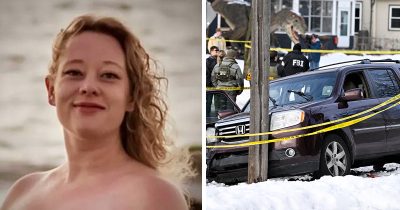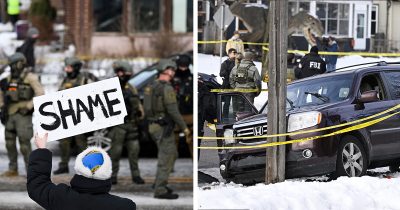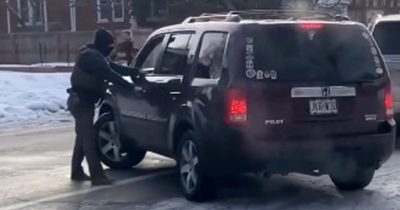
He rose to fame with a gun in one hand and a microphone in the other. Now, decades later, the death of Mexican singer Chalino Sánchez continues to haunt fans, and spark debate, after a mysterious note handed to him onstage was followed by his murder just hours later.
You might not know his name, but you’ve probably seen the viral clip: a young man in a white cowboy hat pauses mid-performance to read a piece of paper from the crowd. He wipes sweat from his brow. Then he keeps singing.
That man was Chalino Sánchez, the man who helped define and popularise ‘narcocorridos’, gritty ballads that romanticize the violent underworld of Mexican drug cartels.
Sánchez didn’t just sing about that world, he lived in it.
Born in Culiacán, Sinaloa, the heartland of Mexico’s drug trade, Sánchez’s life was shaped by violence from an early age.
At just 15, he is believed to have shot and killed the man who raped his sister. By 17, he had fled to the United States, settling with an aunt in Los Angeles in 1984, per El Pais English.

It was there, behind bars for petty crimes, that he began writing his first corridos. Upon his release, a chance meeting with Chilean musician Ángel Parra helped launch his recording career.
Sánchez quickly carved out a name for himself by singing about drug lords, shootouts, and revenge, subjects that resonated with many Mexican immigrants living on the margins. But his authenticity came at a cost.
In 1992, Chalino was performing at a Coachella nightclub when two men opened fire on him. But Sánchez, always armed, fired back. One attacker bled out after being shot; the other survived and was sentenced to 20 years in prison. The event only boosted Chalino’s street cred, he was the singer who shot back.
Just four months later, he returned to his hometown of Culiacán to perform at Salón Bugambilias. Mid-show, he was handed a note from someone in the crowd. The contents have never been confirmed, but rumours persist that it warned him not to return to Sinaloa, possibly sent by a rival cartel.
After the show, Sánchez was reportedly stopped by men posing as police officers who claimed their commander wanted to speak with him. He went with them willingly, per Far Out Magazine.
His body was discovered the next morning on the side of a dirt road. He had been blindfolded, his wrists bore marks of restraint, and he had been shot twice in the back of the head, classic signs of an execution.
Chalino Sánchez’s legacy lives on in the booming narcocorrido scene. Artists like Gerardo Ortiz have picked up the torch, continuing to blur the lines between music, myth, and criminal notoriety. Ortiz’s own lyrics name-drop drug kingpins like Manuel Torres Félix, also known as “M1” or “The Crazy One,” who died in a shootout with the military in 2012. One lyric reads: “If you’re not good at killing, you’re good at dying.”
But Chalino remains the genre’s tragic icon (part outlaw, part folk hero) whose life and death embodied the stories he sang. He didn’t just perform narcocorridos. He lived one.
READ MORE
- Doctors explain how they can tell if you have cancer or diabetes from your eyes
- Single mom, 48, diagnosed with early Alzheimer’s reveals first symptom she noticed




